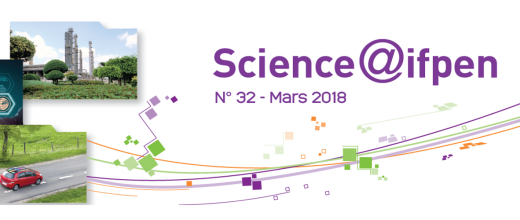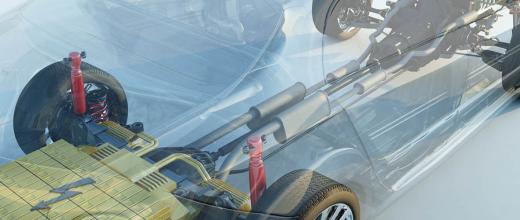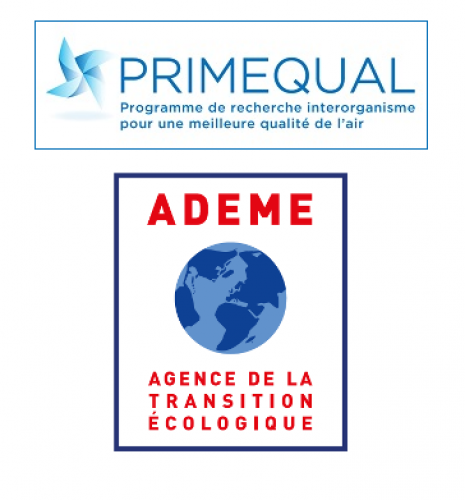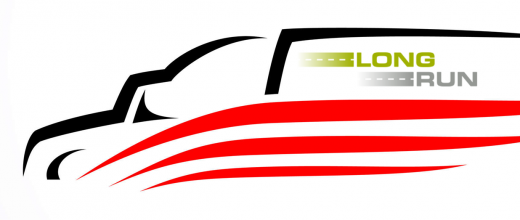
Innovation and Industry
IC powertrains: Our strengths
IC powertrains Our strengths Outstanding design simulation tools and experimental validation resources: modeling tools developed by our teams and used for our research activities, comprehensive experimentation facilities: engine test benches, rolling test benches, climatic test benches, optical diagnosis, HIL test benches. Expertise sought by the public authorities within the framework

Innovation and Industry
IC powertrains: Our networks
IC powertrains Our networks Groupement Scientifique Energies et Mobilités (GSEM) Created in 1980, the GSEM brings together IFPEN, Renault and Stellantis in a joint research effort on thermal engines. Over time, the partnership has adapted to evolving technologies and market needs. “ The GSEM conducts preliminary research: • (evaluation of

Innovation and Industry
IC powertrains: Our solutions
IFPEN conducts research aimed at improving IC engines in terms of energy efficiency, the reduction in pollutant emissions and pollution control, as well as the optimization of fuel use, particularly low-carbon fuels.

Innovation and Industry
IC powertrains
IC powertrains OVERVIEW AND CHALLENGES In addition to electrification, achieving the ambitious CO 2 emission reduction targets for the transport and off-road sector by 2030 requires a significant improvement in IC engines using environmentally-friendly fuels or renewable hydrogen, in such a way as to: make clean, efficient technologies accessible to

News in brief
Pollutant emissions: better knowing them to fight them better
Vehicle approval certifies that the emissions of said vehicle meet the specifications imposed by existing standards. Although current regulations only concern a limited number of chemical species, the

News in brief
Ignition simulation
In order to reduce fuel consumption in gasoline engines, manufacturers are focusing their efforts on turbocharging and downsizing. However, this option leads to an increase in the knock phenomenon

News in brief
Life and death of soot: a model to control the phenomenon
Vehicle approval standards require increasingly high levels of engine performance (low fuel consumption and low emissions) over a broad working range. It is for this reason that new engine

News in brief
Where aviation fuels are concerned... compromise is the name of the game
In the aviation sector, fuels derived from hydrotreated vegetable oils (HEFA a) are seen as an alternative to petroleum based Jet A-1 b to reduce the environmental footprint of air transport. However

News in brief
LES moves to rapid transients for cleaner powertrains
Gasoline direct injection engines emit soot particles during rapid transients. This still poorly understood phenomenon is taken into account during new WLTCs a, aimed at more accurately reproducing

News in brief
Observation of soot in a diesel flame
The reduction in IC engine particle emissions requires a detailed knowledge of the physicochemical processes at work during combustion. While fuels have long since been considered as a constant for








